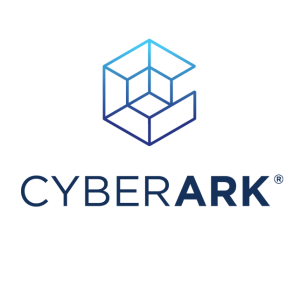CyberArk Endpoint Privilege Manager's most valuable features include DNS scanning, lifecycle management, password resetting, and automated session management. Users appreciate its scalability, granular access control, and application whitelisting. It enhances security through Privileged Threat Analytics, reduces unauthorized access risks, and manages credentials effectively. Its user-centric dashboard, ease of deployment, and ability to oversee application privileges empower organizations by preventing ransomware attacks and controlling admin rights without compromising operational efficiency.
- "It allows whitelisting."
- "Our setup process is moving to the cloud, which is very good. It reduces complexity."
- "We did immediately begin to see results when using CyberArk."
Users find CyberArk Endpoint Privilege Manager less user-friendly compared to competitors. They highlight the need for better integration with PAM tools, application blacklisting/whitelisting, and adaptive MFA. Frequent issues include cloud-only restrictions, complex setup procedures, and performance concerns. Users also seek improved technical support, policy exclusions, and compatibility with various operating systems. Enhancements in API capabilities, threat detection, and integration with third-party tools are requested, along with a more streamlined user interface and simplified administration process.
- "The main issues I experience are related to deployment, which requires dependency on other solutions like AD or SCCM. These tools need to be defined and synced with the client or agent and master, sometimes needing manual checks."
- "The main issues I experience are related to deployment, which requires dependency on other solutions like AD or SCCM."
- "The management of Privilege Access is not satisfactory."




